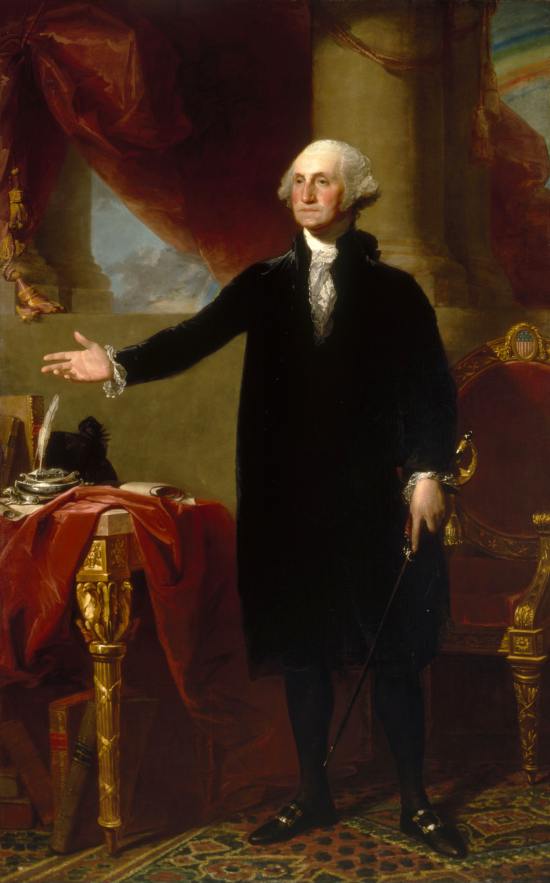 The executive power of the United States is vested by the Constitution in a president.
The executive power of the United States is vested by the Constitution in a president.
For instance, Article II, Section 3, states that the President
shall from time to time give to the Congress Information of the State of the Union, and recommend to their Consideration such Measures as he shall judge necessary and expedient
The latter portion of this clause is referred to as the Recommendations Clause and it has been used by Presidents for the basis of making legislative proposals to Congress as well as for declining to make legislative proposals, even when called upon by Congress to do so.
Another clause relevant to the role of the president in Article II, Section 3, provides that the president “shall take Care that the Laws be faithfully executed.” This provision is known as the Take Care Clause. Under some laws, agencies are required to submit proposals to the President before they submit them to Congress. Congress has frequently taken action to provide agencies and federal employees with independence from the President.
There are executive branch agencies, such as the FCC, and legislative branch agencies, such as the Government Accountability Office. Both types of agencies are typically vested with the authority to execute specific laws. At the same time, agencies must abide by decisions from the judicial branch.
It is not uncommon for agencies to play a critical role in the drafting of laws. Therefore, it should not be a surprise that a large portion of legislation that is considered within the legislative process is often either drafted or influenced by employees of the executive branch.
Reference: Legislative Drafter’s Deskbook, by Tobias Dorsey, Sections 10.10 and 10.11: The Role of the President in Legislation and Agencies and Tensions within the Executive Branch; United States Constitution.
Courses
- Congressional Operations Briefing – Capitol Hill Workshop
- Congressional Dynamics and the Legislative Process
- Drafting Federal Legislation and Amendments
- Understanding Congressional Budgeting and Appropriations
- Advanced Legislative Procedure
Publications
CongressionalGlossary.com, from TheCapitol.Net
For more than 40 years, TheCapitol.Net and its predecessor, Congressional Quarterly Executive Conferences, have been teaching professionals from government, military, business, and NGOs about the dynamics and operations of the legislative and executive branches and how to work with them.
Our custom on-site and online training, publications, and audio courses include congressional operations, legislative and budget process, communication and advocacy, media and public relations, testifying before Congress, research skills, legislative drafting, critical thinking and writing, and more.
TheCapitol.Net is on the GSA Schedule, MAS, for custom on-site and online training. GSA Contract GS02F0192X
TheCapitol.Net is now owned by the Sunwater Institute.
Teaching how Washington and Congress work ™

